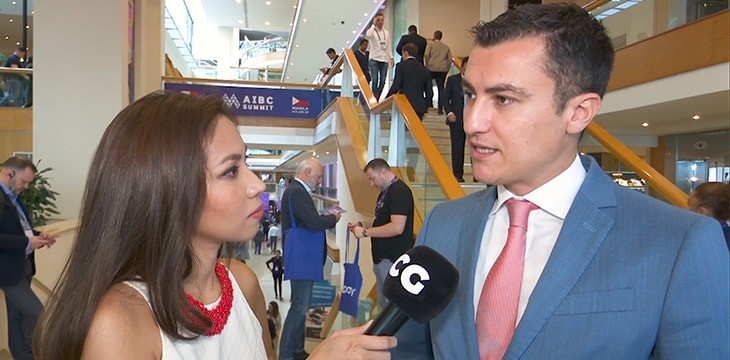|
Getting your Trinity Audio player ready...
|
A junior minister in the government of Malta has discussed the country’s progress in introducing its new legal and licensing framework for the crypto sector, designed to bring the industry into the island’s mainstream economy.
Speaking exclusively to CoinGeek, Silvio Schembri, Minister for Financial Services, Digital Economy and Innovation, said the process was advancing well, with a number of firms poised to begin the application process for new crypto licenses.
After introducing the new scheme in 2019, the government setup a one-year transition period for companies to adjust to the new legislation—a period which ended in the last week. According to Schembri, some 34 letters of intent have been received from firms, a pre-application process before submitting full applications for a license.
The Minister said the licensing process was setup with a view to encouraging long-term growth and development in the sector. As a result, the thresholds for compliance had been set at a high level.
The new scheme was introduced as part of sweeping changes to Malta’s crypto legal landscape. Back in November 2018, Malta introduced three new bills governing blockchain businesses based in or operating within the jurisdiction: the Virtual Financial Assets Act, the Innovative Technology Arrangement And Services Act, and the Malta Digital Innovation Authority Bill.
According to Schembri, companies that pass the compliance threshold can be assured that they are “here to stay” over the long-term.
Discussing the immediate impact of the new licenses on the island’s economy, Schembri said he envisaged a greater contribution from the sector to economic growth in Malta.
Furthermore, he suggested that the new laws would help develop the wider crypto ecosystem in Malta, which has already emerged as one of the world’s leading jurisdictions of choice for crypto companies.
Schembri said he expected 2020 would be the year in which these objectives would be achieved.
The government of Malta is already developing and implementing blockchain technologies, including blockchain systems for land registry, registration of companies, student registry and a variety of other functions, with more projects in the pipeline for 2020.

 02-08-2026
02-08-2026 




